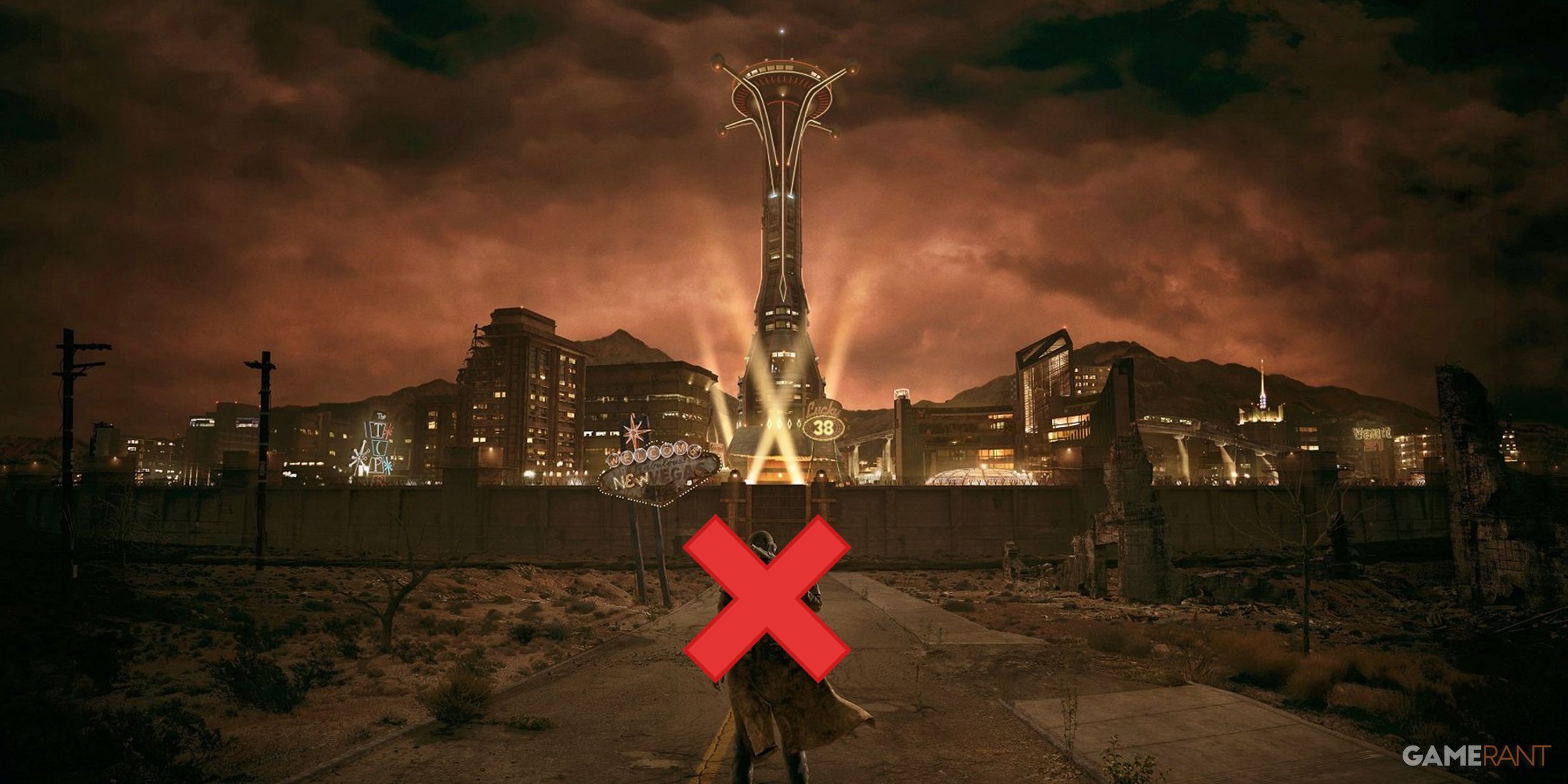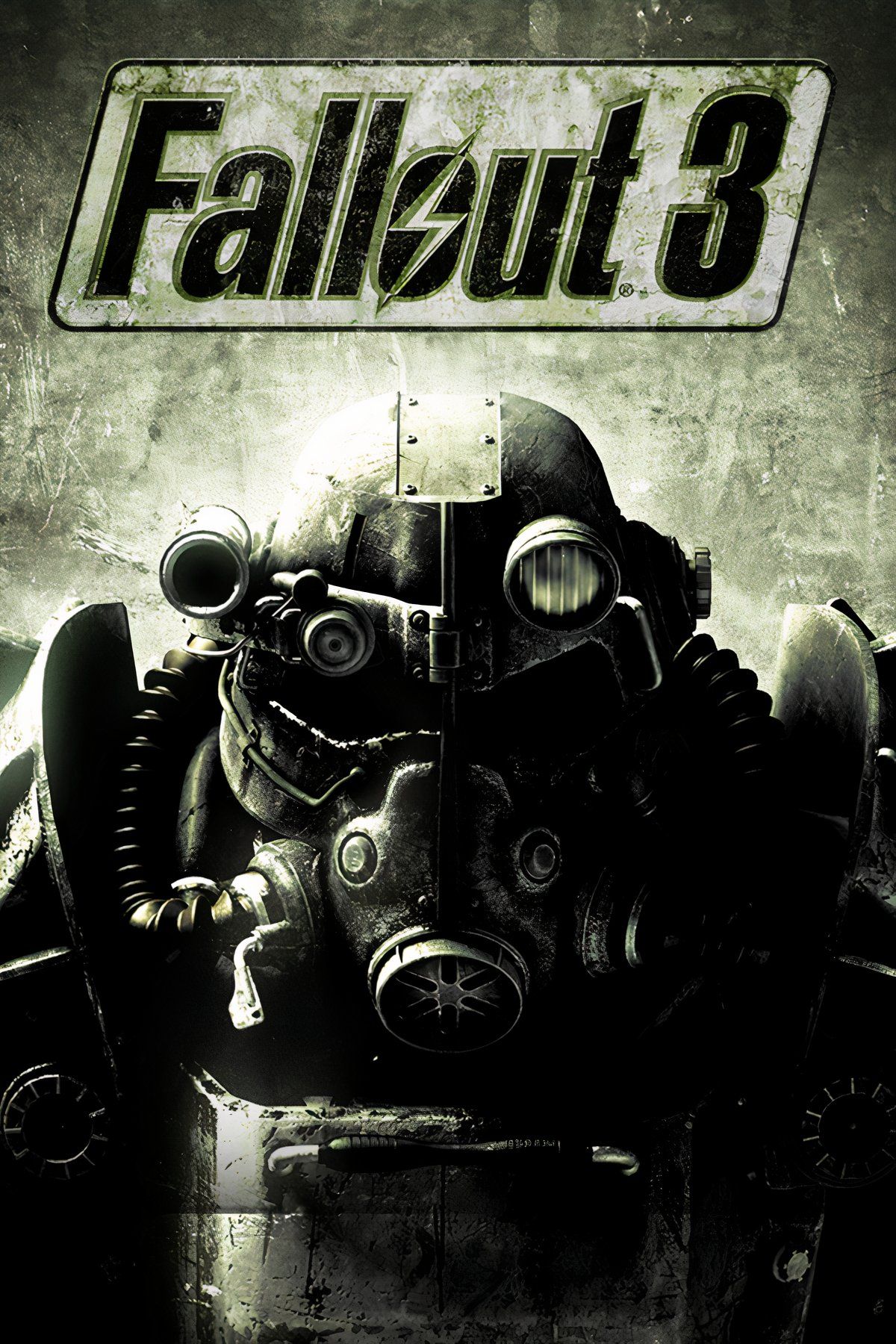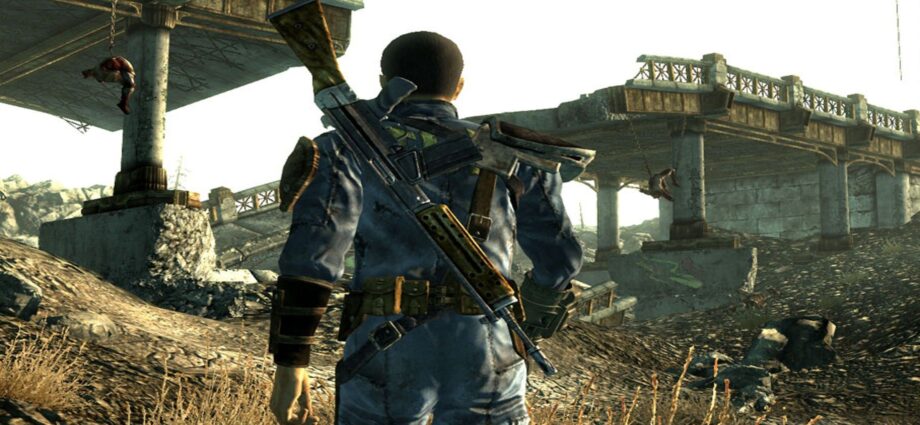One of Bethesda’s main strengths as a premier video game developer lies in its narrative building, with franchises like The Elder Scrolls and, more recently, Starfield, taking up the mantle of engaging storytelling in the RPG genre. Likewise, Fallout holds a similar repute for painting vividly survivalist imagery in a landscape dominated by the wastes of a nuclear disaster. While the series has only four mainline entries across its nearly-thirty-year history, there have been more than a handful of quests that will live long in gaming memory, from New Vegas’ Roman-inspired Veni, Vidi, Vici to the wacky Silver Shroud in Fallout 4. Among these, Fallout 3‘s The Replicated Man often takes a backseat when outlining the best Fallout quests, but its basis in morality calls for more recognition.
Moral dilemmas are a surefire way to ensure immersion in RPG gameplay, and the best open-world games deploy the dynamic relentlessly for an added dramatic effect. Red Dead Redemption 2 and the Mass Effect trilogy are prime examples of putting gamers’ personalities to the test, as just about every action has a chain reaction of consequences. Bethesda employs this technique throughout the Fallout series, but the gravity of decision-making needed to complete The Replicated Man, given the mission context, is one of the developer’s more masterful narrative maneuvers.

Related
What Would A Fallout: New Vegas Wasteland Without the Courier Look Like?
With players greatly impacting the world of Fallout: New Vegas as the Courier, it’s worth pondering how the setting would be different without them.
The Replicated Man Proves There’s More to Androids Than Obedience
For starters, The Replicated Man is far from the most straightforward quest in Fallout 3. It’s a recurring theme for fans to run into brick walls when trying to complete the mission. Dr. Zimmer’s task in Rivet City calls for players to track down an android on the run using a set of holotapes scattered across the map. However, the clues to achieve this triangulation are hard to come by. As such, it’s not uncommon for players to take the easy route offered by The Railroad’s Victoria Watts and end the mission early if none of the holotapes have been played.
Grinding out the treasure hunt requires conversing with several NPCs in what can resemble a futile wild good chase if one doesn’t know where exactly to look. Sometimes, Victoria Watts never makes it to the scene to offer the chance to give up, which adds an extra layer of storytelling by itself. In others, bugs can prevent the story from moving forward. Assuming smooth playthrough conditions, the real challenge lies in finding the fourth clue, held by Horace Pinkerton — who is hidden away in the bow section. After picking the necessary locks to access the character in said location, the story takes a dark twist.
Players Hold the Cards of Freedom and Servitude in The Replicated Man
The android (named Harkness) believes he’s human and becomes independent because Pinkerton performed facial reconstructive surgery and tampered with its memory. Pinkerton confesses that the robot’s old identity is suppressed and can only be reactivated with a codeword, giving the Lone Wanderer proof of Harkness’ identity from his terminal. Players are faced with two options following this reveal, both of which involve telling Harkness the truth about his android origins.
The good ending can play out in any of three ways. Players can convince Harkness that his secret is safe with them, a path that ensures his docility. The second option is to tell the robot that Dr. Zimmer is waiting for him — a multilayered conversation that can end with the Lone Wanderer telling Zimmer about the robot’s secret, Harkness’ murdering of the doctor, or continuing his new life as Rivet City’s Security Chief at his discretion. The last path essentially acknowledges the android’s autonomy, and confirms his choice to be a human.
However, the undesirable ending involves betraying the robot and telling Zimmer the code to restore Harkness’ hidden memories. This will ensure the android’s concession to Zimmer’s ownership, confining him to servitude even if Zimmer is killed later. Although the endings can be gamed to produce maximum rewards, the moral dilemma in The Replicated Man, combined with the mystery shrouding the storyline, makes it one of the deeper quests in Fallout history from a narrative standpoint.

Fallout 3
- Released
-
October 28, 2008
- ESRB
-
M for Mature: Blood and Gore, Intense Violence, Sexual Themes, Strong Language, Use of Drugs
- Developer(s)
-
Bethesda Game Studios
- Publisher(s)
-
Bethesda Softworks
- Engine
-
Gamebryo
